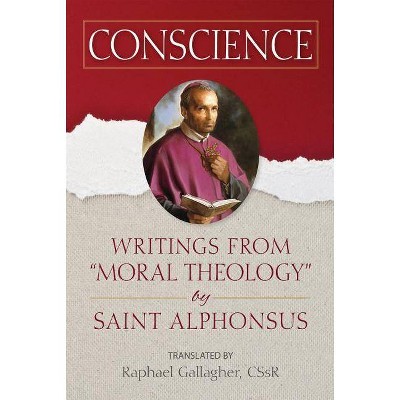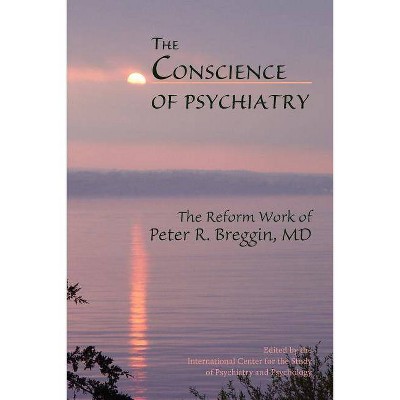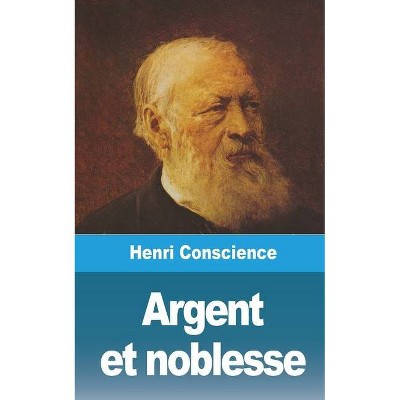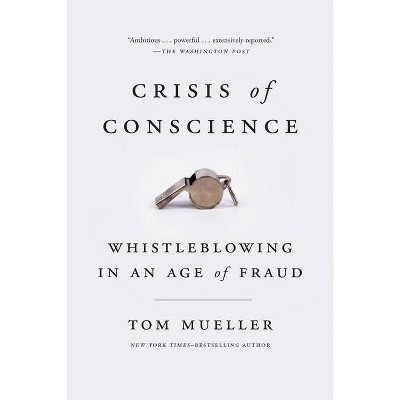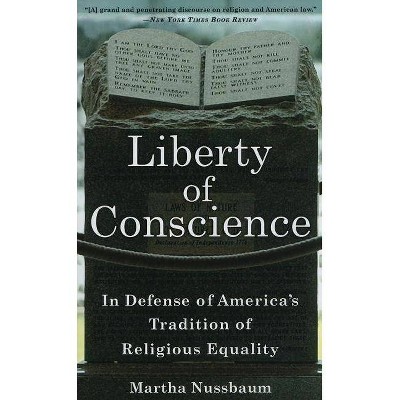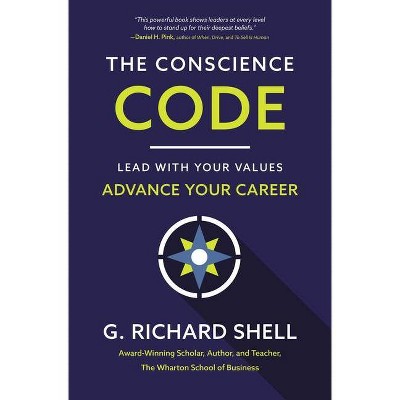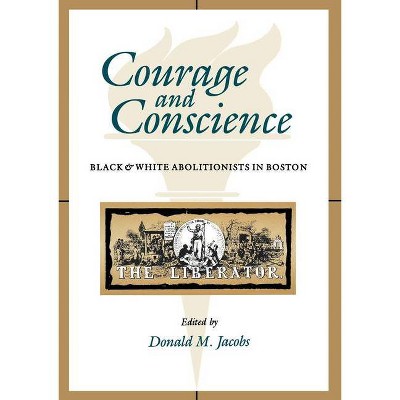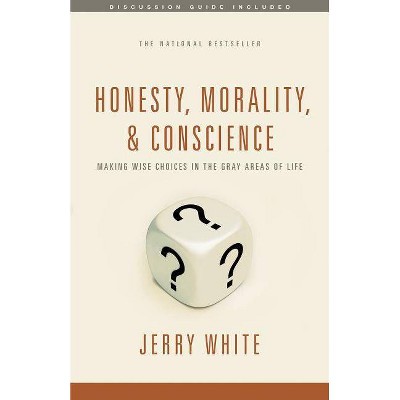Conscience - by Patricia Churchland (Paperback)
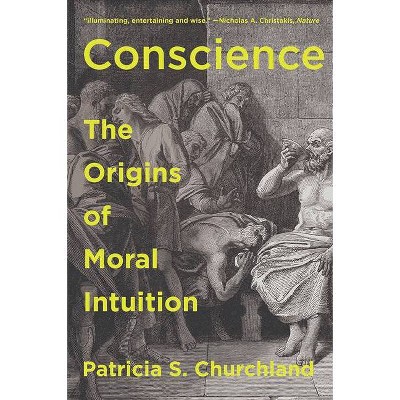
Similar Products
Products of same category from the store
AllProduct info
<p/><br></br><p><b> About the Book </b></p></br></br>"Illuminating, entertaining and wise." --Nicholas A. Christakis, <em>Nature</em><p/><br></br><p><b> Book Synopsis </b></p></br></br><p> <em>Conscience</em>, a finalist for the PEN / E. O. Wilson Literary Science Writing Award, explores why all social groups have moral systems and how these systems are formed. Distinguished professor Patricia S. Churchland brings together an understanding of the influences of neuroscience, genetics, and physical environment to elucidate how our brains are configured to form bonds and care for children, while also investigating why amoral psychopaths can arise. Churchland then turns to philosophy to understand how morality is transmitted through generations, and why it has become a foundation of all societies. <em>Conscience</em> joins ideas rarely put into dialogue and brings light to a subject that speaks to the meaning of being human.</p><p/><br></br><p><b> Review Quotes </b></p></br></br><br>[A] provocative look at how each of us tells right from wrong.--Gemma Tarlach "Discover"<br><br>A thoughtful, accessible, and enlightening book.-- "Kirkus Reviews"<br><br>In <em>Conscience</em>, Patricia S. Churchland pulls back the curtains and takes us behind the scenes to show where our morals come from. Packed with the latest neuroscience research, the surprising answer turns out to be our very own brains. A must-read for anyone with a conscience.--Gregory Berns, author of How Dogs Love Us<br><br>Informative, accessible, and engaging.--Glenn C. Altschuler, PhD "Psychology Today"<br><br>Lucid, stimulating accounts of recent discoveries in neuroscience and psychology.--Sissela Bok "American Scholar"<br><br>A jewel among books about human nature.--Ann Graybiel, investigator at the McGovern Institute for Brain Research at MIT<br><br>A powerful argument for a neuroscientific approach to morality.--V. S. Ramachandran, author of The Tell-Tale Brain<br><br>Moral philosophers, zealots, and ideologues have been arguing for their versions of 'good' and 'bad' for millennia; now it's time for Patricia S. Churchland to remind us that morality doesn't come from a stone tablet or a logical axiom, but is rather one of nature's inventions enabling our greatest superpower: sociality. It's messy, useful, and very human?like thumbs.--Blaise Agüera y Arcas, distinguished scientist, Google AI<br><br>No one blends philosophy and neuroscience as well as Patricia S. Churchland.--Frans de Waal, author of Mama's Last Hug<br><br>Patricia S. Churchland has done it again! She wisely guides readers on a lively romp through recent research in neuroscience, genetics, evolution, psychology, psychiatry, anthropology, economics, politics, and philosophy in order to reach a more complete understanding of how and why we can get along despite our deep disagreements about what is wrong or right. This fun and fascinating journey shows why morality cannot be fully understood without the wide variety of perspectives and of scientific information that this tour de force provides.--Walter Sinnott-Armstrong, author of Think Again<br>
Price History
Price Archive shows prices from various stores, lets you see history and find the cheapest. There is no actual sale on the website. For all support, inquiry and suggestion messagescommunication@pricearchive.us
